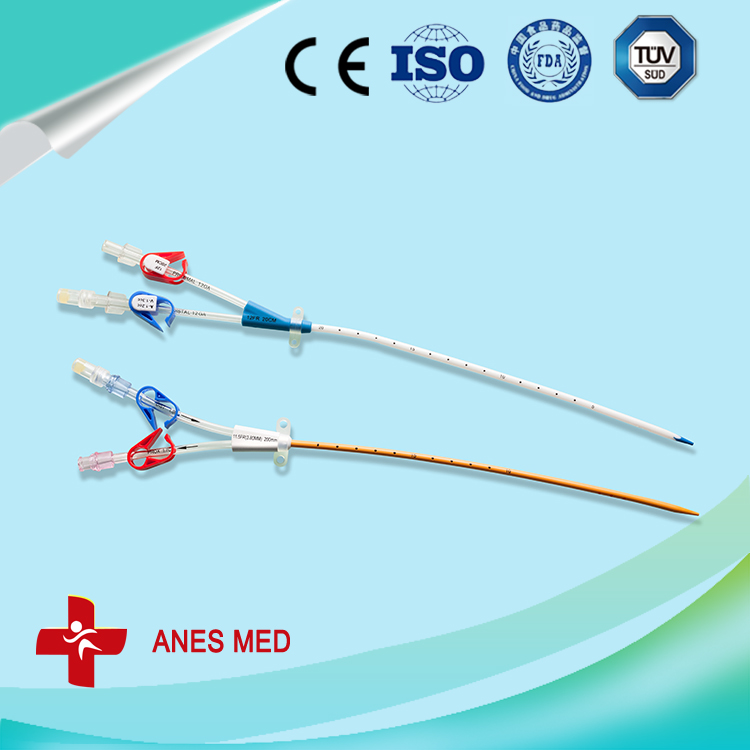In summer, the temperature is high and the weather is hot. Cows are prone to heat stress. In order to reduce the adverse effects of high temperature on dairy cows, in addition to taking corresponding measures from the construction of dairy farms, feeding and management, and disease prevention and control, it is also necessary to carry out the necessary regulation of feeds to ensure the safety of dairy cows and the raising efficiency. First, feed green and juicy feed Juicy green feed is rich in carbohydrates and water. It not only has good palatability, but also thirst-quenching, which is very beneficial to cool the sunstroke and relieve heat stress of cows. Under the premise of ensuring adequate intake of dry matter, adequate feeding of good quality grass, carrots, wax gourds, watermelons, potatoes, etc., is beneficial to increase milk production and increase milk fat percentage. Concentrated feed can be fed with some good feeds such as bran and soybean meal. Second, feeding congee material Change some of the cow's concentrate to congee. 1.5 kg of concentrate feed and 1.5 to 2.5 kg of carrots are added to boiled porridge. Cooling and pouring on silage will increase the amount of urine in the steak and remove more calories from the cattle. Third, feed green bean soup Mung bean soup has the function of clearing heat and detoxifying, and preventing sunstroke and cooling. Conditional farms (households) should give cows green bean soup in the summer. Use 1~1.5 kilograms of fresh green beans, add 4~5 kilograms of water, boil for 1~2 hours, add clean drinking water, and drink once a day. Fourth, add potassium chloride When heat stress occurs in cows, the potassium output increases significantly, causing the decrease of potassium in the blood. Potassium must be added. Potassium chloride can generally be added to cows drinking water or in diets at a daily dose of 60-80 grams per cow. Fifth, add sodium bicarbonate Supplementing sodium bicarbonate helps to maintain acid-base balance in dairy cows, and it also helps digestion, which can increase the intake of dairy cows. The amount of sodium bicarbonate is generally 3.84% of the concentrate, or 340 grams per cow per day. It works better with citric acid. It should be noted that when using sodium bicarbonate, the amount of salt should be appropriately reduced. Six, vitamin C supplement Dairy cows develop heat stress, and their ability to synthesize vitamin C decreases, while the demand increases. Therefore, vitamin C should be given to cows during hot summer months. In the process of heat stress, vitamin C can also inhibit the rise of body temperature in dairy cows, promote appetite, and increase resistance to disease. In summer, 0.04 to 0.06% vitamin C can be added to the cow's feed. Seven, vitamin E supplement Vitamin E prevents the oxidation and destruction of fat in dairy cows, prevents the production of oxides in the body, prevents the oxidation of other vitamins, and promotes the absorption of vitamin A and vitamin D in the intestine. In the summer, 3 to 5 times more vitamin E can be added to feed to reduce the risk of heat stress.
Hemodialysis Catheters are used to:
Antimicrobia Hemodialysis Catheter Antimicrobial Hemodialysis Catheter,Antimicrobial Hemodialysis Catheter Kit,Anti-Microbial Hemodialysis Catheter,Anti-Microbial Dialysis Catheter,Anti-microbial Hemodialysis Catheter Kit Anesthesia Medical Co., Ltd. , http://www.sinoanesthesia.com
Receive kidney dialysis if you have kidney failure
.
